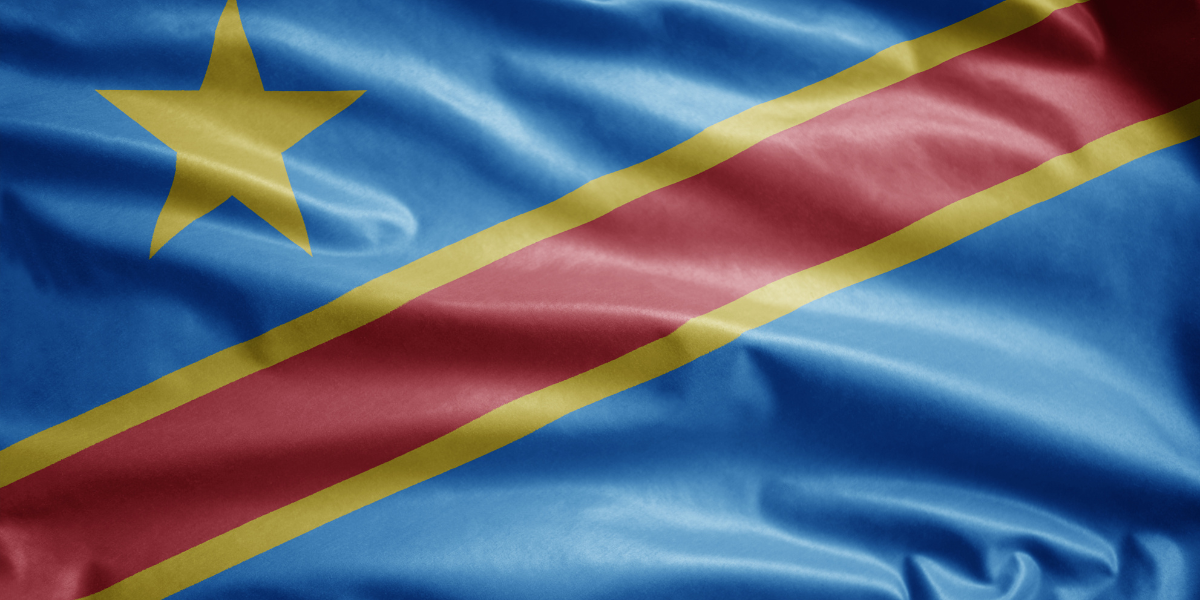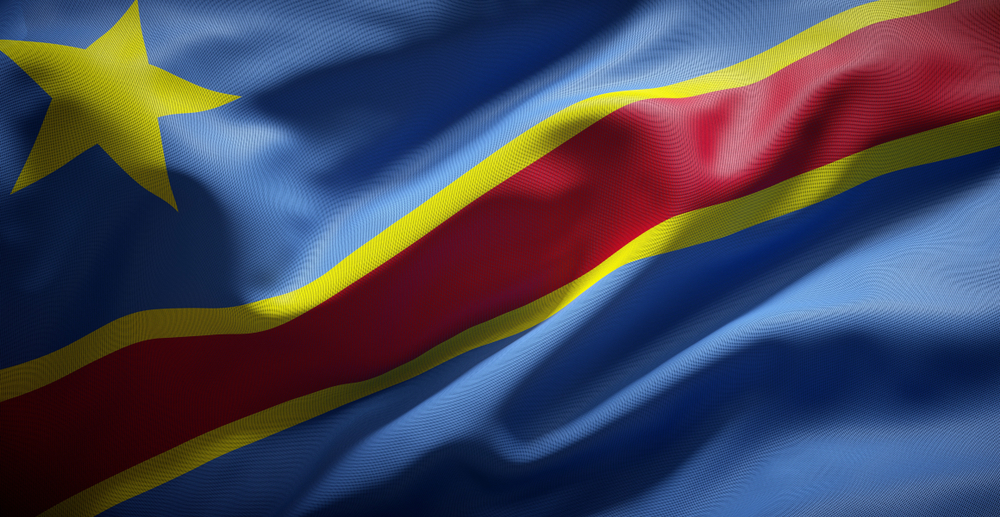Address by Nana Akufo-Addo – Kofi Annan Peace & Security Forum 2021
Nana Addo Dankwa Akufo-Addo, President of Ghana and Chair of ECOWAS delivered the following Address on December 8 2021, in Accra, Ghana, at the 2021 Kofi Annan Peace and Security Forum.
Learn more about the KAPS Forum
Nana Addo Akufo-Addo delivers his opening Address at the Kofi Annan Peace and Security Forum in Accra, Ghana, on 8 Dec 2021
Check Against Delivery
I am happy to be here this morning to participate in the 2nd Kofi Annan Peace and Security Forum, which was instituted in 2019, firstly, to honour the life, work and ideas of our late compatriot, the illustrious Secretary-General of the United Nations, Kofi Annan, and, secondly, to foster critical reflections and the sharing of ideas and experiences around conflict resolution, peace and security issues in Africa. To those of you coming from beyond our shores, I say akwaaba, our word of welcome, to you. I am confident that you will quickly discover that you are amongst a people who pride themselves, justifiably, on their sense of hospitality.
I must, at the outset, congratulate Ghana’s distinguished diplomat, the Chair of the Kofi Annan Peace and Security Forum, Dr. Mohamed Ibn Chambas, on his new appointment as ECOWAS Special Envoy to Guinea. He has worn many hats in the course of his stellar career, and I want to assure him of the support of the Authority of ECOWAS, whose Chair I am privileged to be the current occupant, in the collective quest to restore Guinea onto the path of democracy and stability. If there is anyone who can assist the Authority to accomplish this sensitive task, it is my good friend of many years, Mohammed Ibn Chambas.
The theme for this year’s Forum, Democracy and Governance in the Context of Complex Crises in West Africa, coincides with the commemoration of the 20th anniversary of the coming into force of the ECOWAS Protocol on Democracy and Good Governance, which is supplementary to the Protocol relating to the Mechanism for Conflict Prevention, Management, Resolution, Peacekeeping and Security. The holding of the Conference is also timely because it is taking place at a time when the avowed goal of entrenching democracy and sustainable peace in West Africa is being put to a stern test.
Excellencies, ladies and gentlemen, although ECOWAS was established by our forebears to promote economic co-operation and integration in West African, the devastating conflicts and civil wars, that engulfed many parts of the Region, led to the quick realisation that rapid economic progress was hinged on the presence of peace, security and stability.
As part of ECOWAS’s search for sustainable solutions to the myriad of security challenges that confronted Member States, it adopted specific legal and normative frameworks, of which the 1999 Conflict Mechanism and the 2001 Supplementary Protocol have been particularly useful. The adoption of these frameworks marked a turning point in the political evolution of ECOWAS. The 1999 Conflict Mechanism, for example, provides a legitimate basis for proactive responses to conflicts in West Africa.
Yet, the pursuit of conflict prevention, that obviates the need for interventions to contain or end raging conflicts, is always more effective. Prevention, they say, is better than cure. As such, the Supplementary Protocol on Democracy and Good Governance and the ECOWAS Conflict Prevention Framework of 2008 were subsequently adopted as complementary frameworks for fostering the infrastructure for democracy and peace in West Africa.
On the basis of these and preceding frameworks, ECOWAS has demonstrated a proud track record and rich history in peace-making, peacekeeping, dialogue facilitation, preventive diplomacy and mediation in West Africa. ECOWAS has gained in-depth knowledge, and has learned critical lessons from three decades of interventions in conflicts across the Region. However, to be proud of our successes is not to be blind to our weaknesses, or to lose sight of the critical threats that continue to undermine security in the Region.
The maintenance of peace and security remains a critical challenge in West Africa and beyond. Although the magnitude of the challenge varies from state to state, countries in the Region are generally grappling with extraordinary sources of threats that undermine both state and human security.
Undoubtedly, the most recent of these challenges has been COVID-19, which has eroded the economic gains chalked in recent years, and is threatening to exacerbate the already fragile security situation in many parts of the Region. Other sources of threats relate to unacceptable changes of term limits, poverty and economic stagnation, the youth bulge and youth unemployment, farmer-herder conflicts, environmental degradation, as well as trans-national organised criminality, such as maritime piracy, cybercrimes, and the trafficking of drugs, arms and persons. The structural transformation of our economies, from raw material producing and exporting ones into value-adding, industrialised economies, which will in turn spur on rapid economic growth, and, thereby, generate jobs for young people, is the ultimate deterrent to the threats of terrorism and violent extremism. We must work hard to achieve this goal forthwith.
Whilst the sources of threats to security in West Africa are multiple and diverse, violent extremism and radicalisation currently feature as the most devastating, human-induced threats in the Region. Many countries in the Sahel continue to witness a steady rise in violent extremist activities, particularly in the Liptako-Gourma region. Territories already threatened by extremism are experiencing an intensification of deadly attacks, while new areas are coming under attack.
As you may know, Ghana’s candidature for a non-permanent seat in the United Nations Security Council for the years 2022-2023 was successful, with Ghana garnering the highest number of votes on the day. Ghana will make sure that Africa’s voice is heard loud and clear in the deliberations of the Council, both on matters affecting the continent and on global issues, and we will consult broadly to define Africa’s interests. With the continent confronted by multiple threats to the territorial integrity of some of its states, and many of its civilian populations being put under serious threat, it will be our position on the Council that now is not the time for the Security Council to reduce its peacekeeping mandates on the continent. On the contrary, it should look to increasing them. We must not, on the global scale, be caught in a “penny wise, pound foolish” scenario.
Excellencies, ladies and gentlemen, consolidating democracy, in view of the picture I have just painted in West Africa, has become very challenging. It has been complicated even further by the unacceptable extension of term limits, and the intervention of the military in our governance, as has happened in Mali and Guinea, at a time when many believed and hoped that coup d’états had become things of an unwanted past in West Africa.
The restoration of democracy, and, hopefully, stability to Mali and Guinea pose particular challenges for ECOWAS. ECOWAS has committed itself to defined timetables for the conduct of credible elections in the two countries, which, in line with the ECOWAS Protocol on Democracy and Good Governance, are currently suspended from participating in its activities. Ensuring compliance with the timelines will be good indications of the authority and diplomatic prowess of ECOWAS. God willing, its efforts will succeed.
Good governance should and must imperatively exclude political manoeuvres to maintain power beyond constitutional requirements. Let us all be aware that, beyond that, the marriage between the elected and the electorate becomes forced, the environment becomes toxic, and the mandate becomes precarious. It is for this reason that the ECOWAS Authority of Heads of State and Government, under my chairmanship, at its Extraordinary Summit on 16th September 2021, in Accra, on the Guinean and Malian situations, authorised the ECOWAS Commission to take steps towards an urgent review of the ECOWAS Protocol on Democracy and Good Governance to take account of contemporary developments. I welcome the decision, and hope that the review will be swift and pointed.
Ghana is often touted as a beacon of democracy in Africa. Since 1992, it has won plaudits for her democratic credentials, which, though still fraught with challenges, seem to have been consolidated with the conduct of eight (8) elections, five (5) presidential transitions, three (3) of which resulted in the peaceful transfer from one political party to another. We want to be seen as a positive influence in other African countries who continue to face challenges with democratic consolidation.
I am, indeed, pleased to reaffirm before you my unshakeable belief in the principles of democratic accountability, which constitute the basis of good governance in our Member States. As President of the Republic of Ghana and Chair of the Authority of ECOWAS States and Governments, I pledge to continue to respect the tenets of the ECOWAS Protocol on Democracy and Good Governance, specifically the following:
- I will not make or cause to be made any substantial modification to the electoral laws in the last six months before the next election;
- I will respect the two-term limit for the exercise of presidential authority, as stipulated in the Constitution of the Republic of Ghana;
- I will not be an impediment to the conduct of free, fair and transparent elections;
- I will hand over power to the next elected President on 7th January 2025; and
- I will rally my fellow ECOWAS Heads of States to take the pledge, and support them as they continue to work towards democracy and good governance in their respective countries.
We must not forget that, even with two decades of democratic elections in the ECOWAS Community, our Member States still remain works-in-progress as democracies. Out of duty towards our children and grandchildren, we must not give up when it comes to guaranteeing the integrity of the electoral process and consolidating peace through the establishment of accurate electoral registers, the due validation of candidatures, the material organisations of ballots, and the proclamations of authentic results.
I, therefore, hope that the work of this Forum, through relevant analysis, will lead to concrete proposals to enable us to consolidate democracy and good governance in West Africa. May your work be crowned with success.
I express my sincere gratitude to the main partners of the forum – the Government of the Federal Republic of Germany, the Government of the Kingdom of Norway, and the Government of the Kingdom of Sweden – for their longstanding support to the Kofi Annan International Peacekeeping and Training Centre (KAIPTC) and the Kofi Annan Peace and Security Forum.
I want you to be guided in your deliberations by the words of Kofi Annan, on 11th December 2006, at the Truman Presidential Museum and Library, when he said, and I quote, “We are not only all responsible for each other’s security. We are also, in some measure, responsible for each other’s welfare. Global solidarity is both necessary and possible. It is necessary because without a measure of solidarity no society can be truly stable, and no one’s prosperity truly secure.”
Accordingly, Excellences, Distinguished Guests, Ladies and Gentlemen, I have the honour to declare the 2nd Kofi Annan Peace and Security Forum duly open.
May God continue to bless John Agyekum Kufuor, whose birthday it is today, and may God bless Mother Africa, and us all.
I thank you for your attention.



